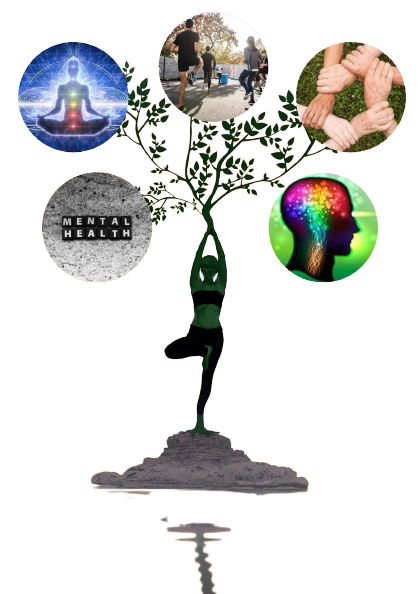What Is Holistic Health
Holistic health is an approach to well-being that considers the whole person—mind, body, spirit, and emotions—in the quest for optimal health and wellness. Instead of focusing solely on specific symptoms or isolated parts of the body, holistic health looks at the individual as a complex system where all aspects are interconnected and influence one another.
Key Principles Of Holistic Health
- Mind-Body Connection: Recognizing the intricate relationship between mental and physical health. Emotional and psychological well-being can impact physical health, and vice versa.
- Preventive Care: Emphasizing proactive measures to prevent illness and promote health rather than just treating symptoms after they appear.
- Individualized Care: Acknowledging that each person is unique, with their own set of circumstances, genetics, and lifestyle factors that contribute to their overall health.
- Healthy Lifestyle Choices: Promoting a balanced and healthy lifestyle through proper nutrition, regular exercise, sufficient sleep, stress management, and other wellness practices.
- Alternative Therapies: Integrating complementary and alternative therapies, such as acupuncture, chiropractic care, herbal medicine, meditation, and yoga, alongside conventional medical treatments.
- Environmental Considerations: Taking into account the impact of the external environment, including factors like pollution, social interactions, and workplace conditions, on health.
- Spiritual Well-being: Recognizing the importance of spiritual or existential dimensions in achieving overall health and balance.
- Patient Empowerment: Encouraging individuals to actively participate in their health and well-being by making informed decisions and taking responsibility for their lifestyle choices.
Holistic health is often seen as a more inclusive and patient-centered approach to healthcare. Practitioners who follow this philosophy may include naturopathic doctors, holistic nurses, integrative medicine physicians, and other healthcare professionals who consider the broader context of an individual’s health.
It’s important to note that while holistic health can complement conventional medicine, it does not necessarily reject it. Instead, it seeks to integrate various approaches to provide a comprehensive and individualized approach to health and wellness.
Also read –


